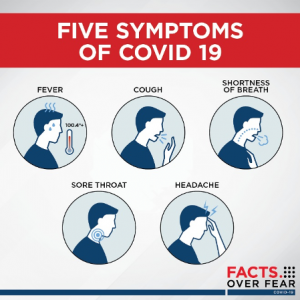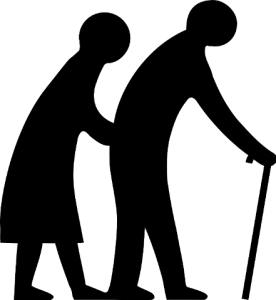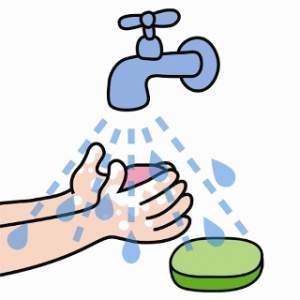WHAT IS THE CORONAVIRUS?
The coronavirus family is a large family of viruses which has the ability to cause illness in humans. Commonly, the coronavirus family leads to the development of respiratory infections ranging from severe acute respiratory syndrome (commonly referred to as SARS) or the common cold. The recently discovered coronavirus is the COVID-19 virus which began in Wuhan, China.
HOW IS THE COVID-19 SPREAD?
Latest findings show that the virus is spread by respiratory droplets (from the nose or mouth) in the air. Other individuals who are not infected can contract the infection by then touching infected objects or surfaces and then proceeding to touching their eyes, nose or mouth afterwards.
WHAT ARE THE SIGNS AND SYMPTOMS OF COVID-19?
The symptoms of the COVID-19 virus begin gradually and are initially mild in nature. Some patients infected with the virus don’t even display or develop symptoms or have any feelings of being unwell. However, majority of patients infected with the virus display symptoms of:
- Fever
- Tiredness
- Sometimes aches and pains
- Nasal congestion
- Runny nose
- Sore throat
- DRY COUGH
- Difficulty breathing

WHO IS AT RISK?
Anyone can be at risk of contracting the COVID-19 virus, however latest findings suggest that the most vulnerable people include the elderly, patients suffering from underlying medical conditions such as blood pressure or diabetes, those with heart problems, individuals with weakened immune systems- HIV, those on immunosuppressants, or those undergoing chemotherapy.

HOW CAN I PREVENT BECOMING INFECTED WITH THIS VIRUS?
- WASH HANDS regularly and thoroughly with soap and water
- Maintain a distance of at least 1 meter between yourself and someone who displays flu-like symptoms
- Avoid touching your face (eyes, nose or mouth) without washing or sterilizing your hands
- Make sure you follow adequate respiratory hygiene by covering your mouth and nose with your elbow when sneezing or coughing
- If you are unwell, stay at home

WHAT SHOULD I DO IF I HAVE BEEN IN CONTACT WITH SOMEONE WHO HAS THE VIRUS, OR SUSPECT I MAY BE INFECTED WITH COVID-19?
If you have been in contact with or are displaying symptoms of COVID-19, it is incredibly important to self-isolate and contact the following number:
0800 029 999
Hosted by the department of health. Once contacting the department of health and informing them of your symptoms or situation, they will inform you of where you can get tested for the virus
HOW CAN I BOOST MY IMMUNE SYSTEM?
It is incredibly important to maintain a healthy immune system during these trying times in order to prevent contracting this virus. You can do this by taking at least a combination of two of the following:
- Vitamin C- at least 1000mg per day.
- Vitamin C has a wonderful ability of boosting the immune system
- It also has the ability to help dissolve mucous
- Zinc
- Vitamin D3- no more than 1000iu per day
- Astragalus, Olive leaf and Echinacea extract
- Possess anti-viral properties along with immune-boosting properties
- N-acetyl-cysteine
- Helps to support healthy lung functioning along with reduced mucous in the upper airways. NAC is also considered a powerful anti-oxidant allowing for improved immune-system functioning
- Practice good hand- hygiene
- Hypochlorous acid (a derivative of chlorine) can be used as a means of disinfecting hands and surfaces. Because of the gentle nature of this solution, it can also be sprayed on the face if contact with an infected person occurs. Hypochlorous acid is also a great solution to have around, as it helps speed up the recovery of wounds and burns. It is perfectly safe to use for the whole family.
- Biopuncture
- There is a powerful combination of homeopathically prepared substances which are injected intramuscularly and help to boost the body’s immune system. Energy levels are also improved with this combination of injections. The substances used in this immune-booster shot is safe for all, even those suffering from auto-immune disorders.
Dr. Kelley Joubert

